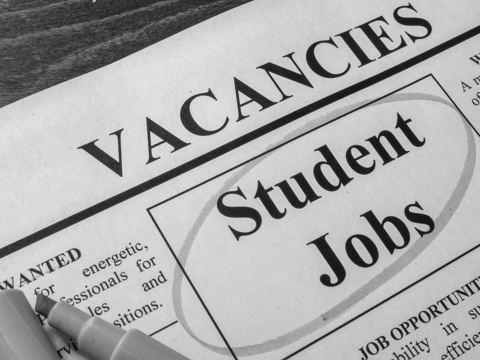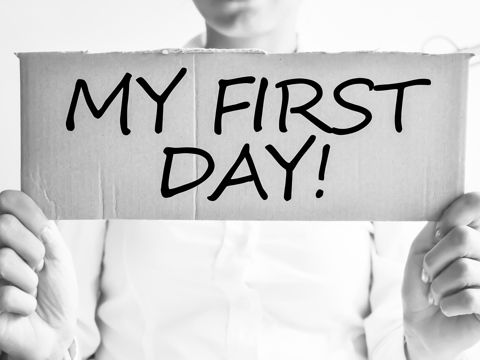First job – important lessons you’ll learn

By: Laura, redwigwam
In many ways, your first job will be the most important job you’ll have.
It’s the first real insight you have into the working world and provides you with invaluable experiences which will help throughout your working life.
Of course, it’s a daunting experience. It’s probably your first interview, the first time you’re answerable to a manager, and you have to quickly adapt to working alongside lots of different people. If you’ve been sheltered by a bubble of school or university, it can all seem quite overwhelming.
So we wanted to take a look at some of the significant lessons we learn in our first jobs.
You get out what you put in
It’s a lesson in self-sufficiency. When you’re in education, there is always a teacher or mentor urging you to try harder or put more effort into your work. In the world of work, there is usually no one pushing you to achieve a bit more. You’ll be treated like an adult and expected to deliver results. Your manager will set out their expectations, with the possibility of real consequences should you continually fail to meet them.
Of course, you’ll get guidance and training along the way, but there are only so many times your manager will show you how to do something.
New ways of learning
At work, we have to learn new skills quickly, and we also learn to adapt how we do something. We get forced out of our comfort zone, and inevitably pick up new skills and qualities. We change how we learn, soaking up information, and putting what we have learnt into practice quickly. It’s very different from the textbook-based learning we encounter at school or university – in fact, if you’re some years beyond your first ever job, you probably won’t even recognise how much you have adapted!
With work comes responsibility
When you’re in education, acting irresponsibly will most likely be punished with detention (or similar). In your first job, you soon realise you have other people depending on you and your actions – and you are fully accountable for them. Punishment is no longer skipping a lunch break or staying behind after school – it’s (at worst) getting fired.
Even if you think your first job is not an overly important one when you’ve experienced a number of jobs and positions it becomes clear how much teams depend on each other. This means that regardless of your job role if you behave irresponsibly and don’t take your role seriously, then your actions can impact the outcome of someone else’s job.
Our first job teaches how important it is to understand, and own, our own roles.
Problem-solving
Every job requires problem-solving to some degree. It could be in the form of disagreements between co-worker’s, a problem with the quality of the outgoing work, or even a customer complaint or confrontation.
No matter how experienced you are, coming up against a new problem can be stressful. But the fact is, you always have to overcome it. And this is a skill you begin to learn in your first job and develop along with your career.
Our first jobs allow us to experience problems and learn how to deal with them in a professional way.
It’s all about your attitude
You can put in all the effort at work, but still, have it all wrong it the attitude department. You could get the best results in the team, but if you have a bad attitude to go with it, you probably won’t get very far. Any manager or boss will value a can-do, hard-working attitude – something we learn early in our working life.
Of course, this list is by no means exhaustive. Your first job is a pivotal learning curve for most people (even if we don’t know it at the time). Think about how you behave in work now, or how you carry out certain tasks, then think about why you do them this way. Most of us will think back to something we learned in our first job.











